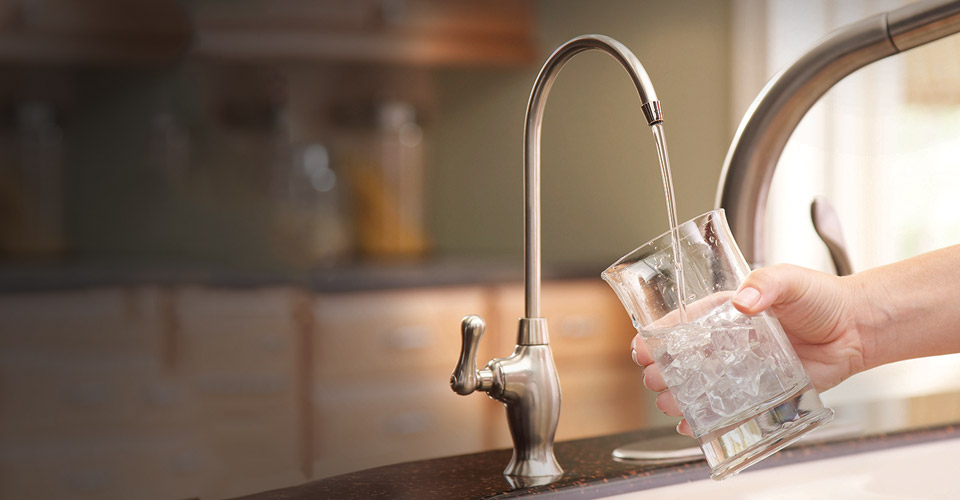IS DRINKING HARD WATER GOOD OR BAD FOR YOU?
-
October 4, 2019
- Posted by: isaac Navias

Drinking hard water is very common in the United States. Most of us have been told that is harmful to consume hard water but we don’t always understand why. There are still others who continue to drink hard water without understanding the harmful long-term effects it can have on their health. Here we would like to provide more details on how hard water can affect your overall health, lifestyle, and even your pets! Pristine Water Softeners can also provide AZ water softening treatment to help provide quality water for you, your family, and your pets!
An Introduction To Hard Water
Many people have experienced hard water like the white spots on their dishes after being ran in the dishwasher or watching their dark colored clothes become faded after each wash, but what exactly IS hard water? Water is classified as hard water when there is a high amount of magnesium, calcium and iron dissolved in the water. The level of hardness is measured by the number of minerals found in the water, however, this may vary as some water may contain more than others. Due to the high concentration of minerals in the water, hard water can have detrimental effects on your home appliances, making them work harder, which can increase your energy bills. This can also decrease the lifespan of your appliances. Hard water can also negatively impact your home by causing pipes to get clogged and damaged which can lead to lower water pressure as well.
The effects of hard water on your health
Hard water can not only affect your home and lifestyle, but it can also affect your health. Our bodies naturally need mineral consumption to stay healthy, however, a high amount of mineral consumption can also lead to health problems. For example, hard water can worsen skin conditions such as eczema, due to its high mineral content and the fact that it dries out the skin. Multiple types of research have linked hard water consumption with increased chances of developing respiratory diseases. It was concluded that high concentrations of calcium in water play an important factor in cardiovascular conditions. The National Research Council declares that results at this time are uncertain and advises that further studies are required.
How to test your water
At Pristine Water Softeners, we can Test Your Water For Free. We are able to test Hardness Levels (GPG) and Total Dissolved Solids (TDS). Hardness Level symptoms include stiff laundry, having to use more soap and needing to use fabric softeners, as well as, mineral deposits on dishes after being washed. When testing water for Total Dissolved Solids, the most common chemical constituents are calcium, phosphates, nitrates, and chloride, which are found in nutrient runoff and general stormwater runoff. More exotic and harmful elements of TDS are pesticides arising from surface runoff, especially from your local farming fields.
The best way to deal with hard water
Hard Water is easily treatable now with water purification systems, reverse osmosis systems, water softeners, and whole home filtration systems. Technology offers multiple ways and devices that can considerably reduce or completely eliminate minerals from the water in your home. At Pristine Water Softeners, you can consult with one of our technicians to help guide you on the best water softening equipment for your home and for your family.
If you’re unsure if you need water softening equipment, you can start by having your water tested for free to see if installing a water softener is the right choice for you and your family. A water treatment specialist can test your water and provide the best treatment option based on your house set up. For further details on how to have your water tested for FREE, please use the following link: https://pristinewatersofteners.com/schedule/

